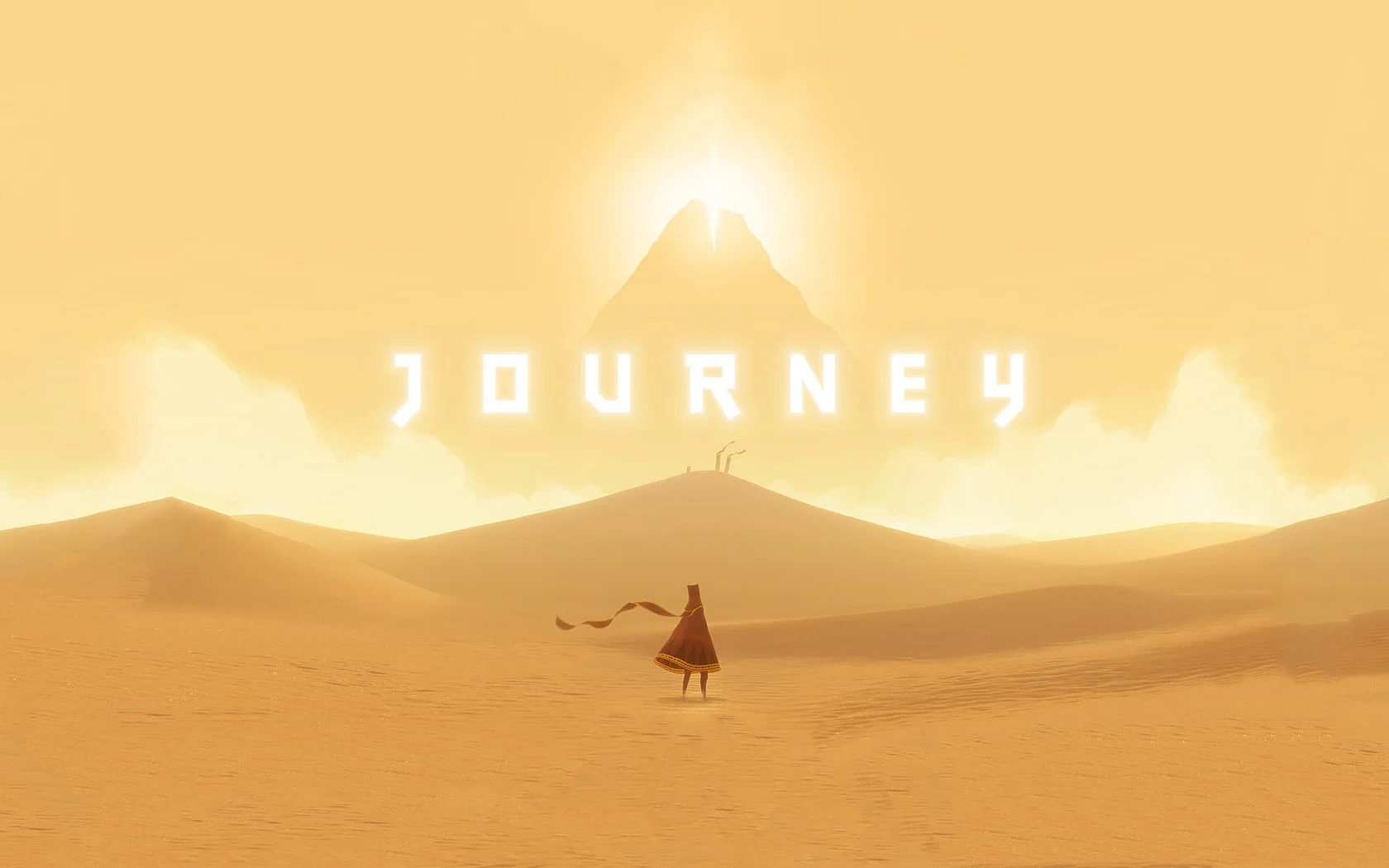The
ability to create stories is an innate human trait. It is this evolutionary
predisposition that has allowed humanity to have shared experiences, be it for
education, entertainment or for self-preservation. Storytelling
includes many aspects including religious and secular teaching, philosophy, gossip,
poetry, myths, traditions, propaganda, scientific writings, speeches, news,
articles, advertisements, plays, movies, television stories, songs, and also sadly
lying. We consume stories voraciously through various forms and media.
Storytellers,
especially the good ones, can enter into our imagination and interact with our
deepest human emotions. They can inspire us to strive for greatness or motivate
us to do great evil. They can make us happy, angry or sad. They can make us
laugh or cry. Storytelling and human emotion are closely linked, starting at
infancy, they strongly influence every aspect of our life.
Computer
games are a relatively new media and there are storytelling elements contained
within. Using computer games we can immerse ourselves in these stories and
worlds, interacting with the storytelling. We can become active participants
rather than passive observers. However whilst it is possible to tell stories in
computer games, the nature of interactivity raises the question of whether they
do so effectively. As games have grown increasingly sophisticated, so too has
the methodology and purpose of their narrative. However computer games are set
by rules; your character has a limited set of behaviours he can follow due to
the nature of programming. The restrictions are in place due to computational
powers but also due to the need to drive the story forward. Often the story in
computer games is superfluous, often based around the game play mechanics and
characters; a branching database of options and permutations on the decisions
made within the game. This is in contrast to something like Dungeons and
Dragons, where the Games Master (using the rulebook) can create scenarios ad
infinitum.
To
truly tell a good story in games the games mechanics have to be built in
conjunction with the scenarios; a marriage of narrative and gameplay. Stories
are fixed designed experiences whilst computer games let players change things,
even when it’s simply walking across an island like in Dear Esther. Eschewing
traditional gameplay mechanics this interactive world immerses and engages the
player through the use of amazing visuals, beautiful audio and wonderful prose.
What I have learnt through game based learning is that neither the game nor the
story contained within, are that important but rather it is how you use
the game.
As
a teacher we can use games to provide children with a deep emotional and
exciting experience. We do not have to use the whole game but sections. Whilst
the narrative contained within the game itself may not be that exciting,
children with their innate skills to weave stories may make an infinitely more
nuanced story. Computer games allow the pupils to become stimulated in the same
way text and film can, but have a benefit over these other media in that they
can interact with these worlds. If we want to go left we can, the world is
literally our oyster, full of endless possibilities and the children know this.
It taps into their innate ability to tell stories but provides a rich context
for doing so. This is not new, games have been used as a contextual hub for
learning in many schools I know across the UK and there are many individuals
who have done sterling work in the area, including Consolarium, Tim Rylands, Ollie
Bray and the Redbridge Games Network, and many many others. However in Cambodia,
where much of the educated people were wiped out in Year Zero by the Khmer
Rouge this is a revelation. Computer games are still seen as a childish tool or
as quick timewasters but I have used many games as a stimulus for writing. Here
are the lists of games we have used and how we have used them:




























































































